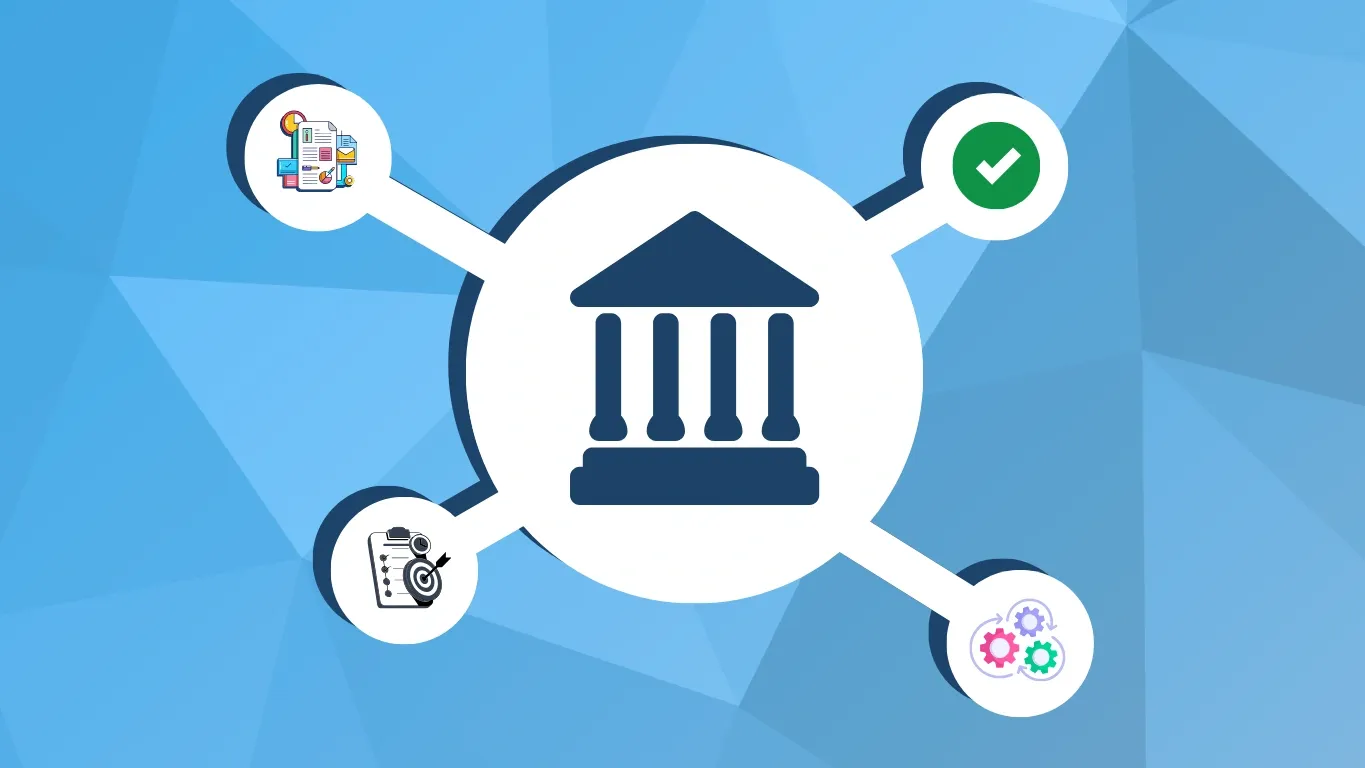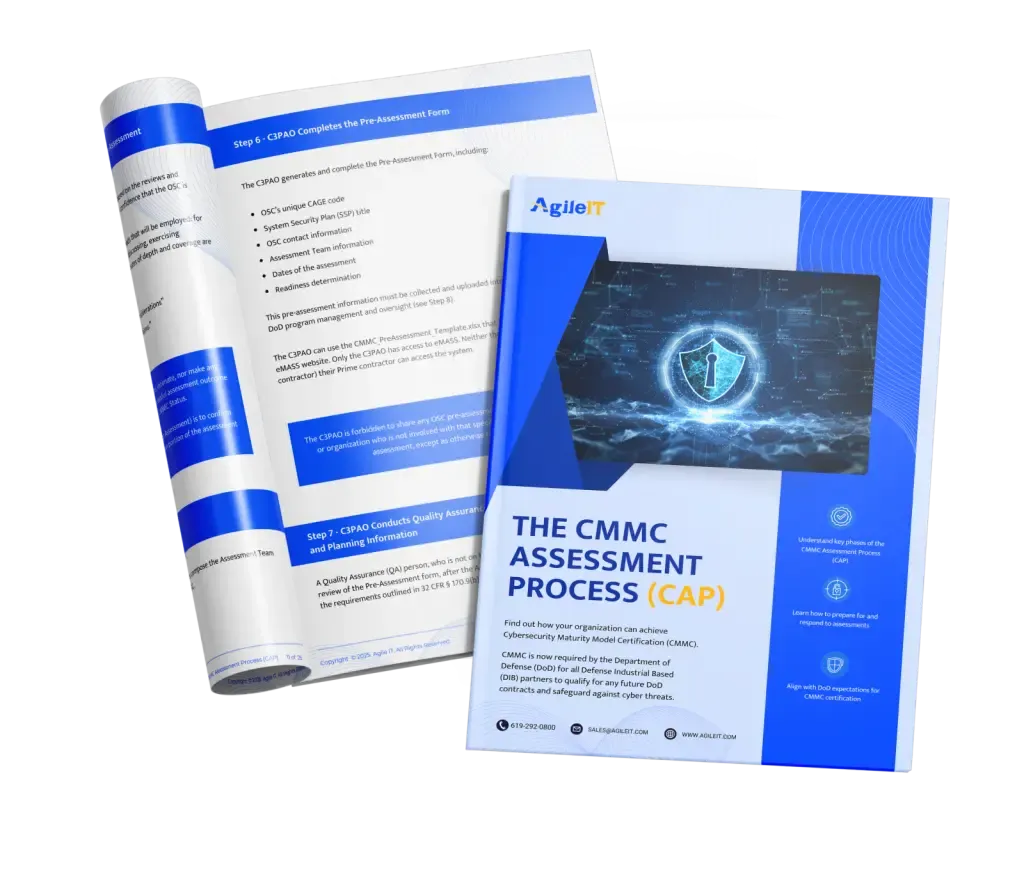Common Challenges in GCC High Licensing and Validation
Uncover common challenges in Microsoft GCC High licensing and validation, including eligibility issues, documentation gaps, and partner approval hurdles.

This is Post #5 of our GCC High Licensing and Validation Series
If you missed the earlier posts, start here to get the full picture:

For government contractors, subcontractors, and suppliers handling Controlled Unclassified Information (CUI) and other sensitive government data, having the right tools and resources is essential to ensure compliance with federal cybersecurity regulations. A particularly valuable resource many of these organizations rely on is Microsoft GCC High, which provides a secure cloud environment for government entities and their partners who need enhanced security and compliance features to protect national security. GCC High is a vital resource that helps many government contractors, particularly those within the defense industrial base (DIB), achieve compliance with stringent data handling regulations, including ITAR, FAR CUI, DFARS, and CMMC. Unfortunately, government contractors looking to adopt GCC High to protect the sensitive government data they handle often face hurdles when migrating to GCC High, particularly when procuring these Microsoft Licenses. This is because Microsoft limits who can purchase GCC High to ensure the integrity of this secure platform. As such, organizations must go through a thorough validation process before they can purchase GCC High. This process can present several challenges for organizations seeking validation that can delay their migration and complicate their compliance journey. Fortunately, knowing these challenges in advance can help you prepare accordingly, streamlining the validation process. In this last post in our GCC High validation and licensing series, we’ll take a look at some of the most common challenges organizations face in GCC High licensing and validation, as well as what you can do to avoid these hurdles.
Eligibility Confusion
One of the biggest challenges government contractors face when procuring GCC High licensing is determining whether they are even eligible to use this platform. The fact is that many government contractors are uncertain what the eligibility criteria for GCC High are, and how they will qualify. The important thing to remember is that GCC High is specifically designed for use by government agencies as well as federal contractors, subcontractors, suppliers, and partners subject to strict federal cybersecurity regulations like CMMC Levels 2 or 3, as well as organizations that handle CUI and ITAR data. If you’re unsure whether your organization is eligible, take a look at the type of data that qualifies organizations for GCC High, or contact a Microsoft-authorized reseller such as Agile IT to help you determine your eligibility.
Documentation Gaps
Due to the secure data being stored and handled in GCC High, Microsoft must validate an organization’s eligibility before they are allowed to purchase GCC High to maintain the platform’s enhanced security standards. As such, you will be required to submit a validation request as well as documentation proving your eligibility before you can purchase GCC High. However, organizations seeking validation often aren’t prepared to submit the necessary documentation, which can lead to significant delays in the validation process. Before you submit your validation request, it is essential that you first gather all necessary documentation, including a CAGE Code, SAM registration, your government contract, and a sponsor letter from a relevant government agency.
Reseller and Partner Limitations
One of the biggest mistakes you can make when migrating to GCC High is not taking the time to research authorized GCC High resellers and migration partners. The fact is that only Microsoft-authorized AOS-G and LSP partners can sell GCC High, and choosing an unapproved vendor can lead to delays in the licensing process.
Licensing Missteps
Another challenge organizations face on their compliance journey is purchasing the right licenses to secure their sensitive data. The fact is that many organizations are unsure which licenses they need, and in particular, there is a lot of confusion about the differences between Microsoft GCC and GCC High. While both GCC and GCC High are Microsoft cloud services for government entities that provide enhanced data security, GCC High provides much higher security and compliance features, making it the ideal solution for organizations subject to regulations like ITAR, FedRAMP High, and CMMC Levels 2 and 3. It is then essential that you choose the right licenses, as accidentally purchasing GCC instead of GCC High could cause you to be found out of compliance. Working with an experienced Microsoft AOS-G partner is then essential, as they can help you select and purchase the right licenses for your organization based on your compliance needs.
Timeline and Approval Delays
Organizations can also face challenges if their GCC High validation approval is delayed. Unfortunately, applications can be delayed for a number of reasons, often due to human error. While GCC High validation usually takes 1-2 weeks, it can take as long as six weeks (or more) if you encounter delays. The most common cause of delays is application mistakes. For instance, failing to submit proper documentation, accidentally leaving a section of the application blank, or not providing sufficient justification for why your business needs GCC High can all lead to application delays or rejections. To prevent this from occurring, it is essential that you take your time when filling out your GCC High application. Make sure that you thoroughly review each section before submitting it to ensure that everything is correct and no data is missing. You should also take the time to carefully review what documentation you need to submit for validation so that your application is not rejected.
Transition and Migration Planning
Of course, obtaining GCC High validation and licensing is just the first step in the migration process. The biggest hurdle you will face is provisioning, and transitioning to, your new Microsoft tenant. Without a proper migration roadmap in place, you could face significant challenges and delays during this transition, particularly if your internal IT team has little experience handling such a comprehensive migration. Before starting your GCC High migration, it’s then vital that you partner with a Managed Service Provider (MSP) experienced in handling GCC High migrations. The right migration partner can help you plan and implement your GCC High migration to ensure this transition goes as smoothly as possible while ensuring your CUI is protected throughout this process.
Recommendations for Overcoming These Challenges
While the GCC High validation and licensing process can present several challenges, proper planning can help make this process goes as smoothly as possible. One of the biggest things that you can do to overcome these challenges is to not rush this process. Start as early as possible to ensure that you have plenty of time to thoroughly plan your migration without having to worry about missing compliance deadlines. This can prevent you from making any costly mistakes that could significantly delay the validation process. It is also important that you partner with an experienced MSP who can help you navigate the migration process, as having an experienced migration partner by your side can help you avoid many of the challenges and pitfalls organizations encounter when migrating to GCC High.
Facing GCC High Licensing or Validation Challenges? Schedule a GCC High Consultation With Agile IT Today!
Knowing the challenges you could face in the GCC High licensing process is vital, as it can allow you to address these challenges early, enabling a smoother path to compliance. Of course, one of the best ways to ensure this process runs with minimal friction is to work with an experienced Microsoft AOS-G partner and MSP. The fact is that expert help can significantly reduce licensing and validation headaches, as you will have someone by your side to walk you through this complex process.
If you’re in need of an MSP you can trust to walk you through the GCC High validation and licensing process, look no further than Agile IT. Our experienced team can support you at each phase of your compliance journey, ensuring that this process goes as smoothly as possible. Contact us today to learn more about our migration and compliance services.






